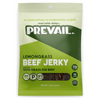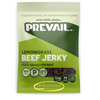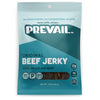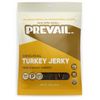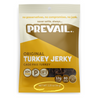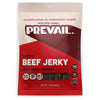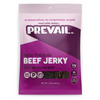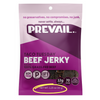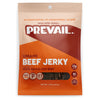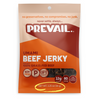Plant Based Meat vs Animal Based Meat: Why Animal Based Meat is Better

Veganism and plant-based diets have been trending for a while now, but there is still something that vegans cannot truly replace: actual animal meat.
While plant-based meat alternatives seem like a perfect substitute, they cannot compare to the nutritional value and satisfying taste of actual meat. In this blog post, we will discuss the reasons why actual animal meat is better than plant-based meat and why you should consider adding it back into your diet.
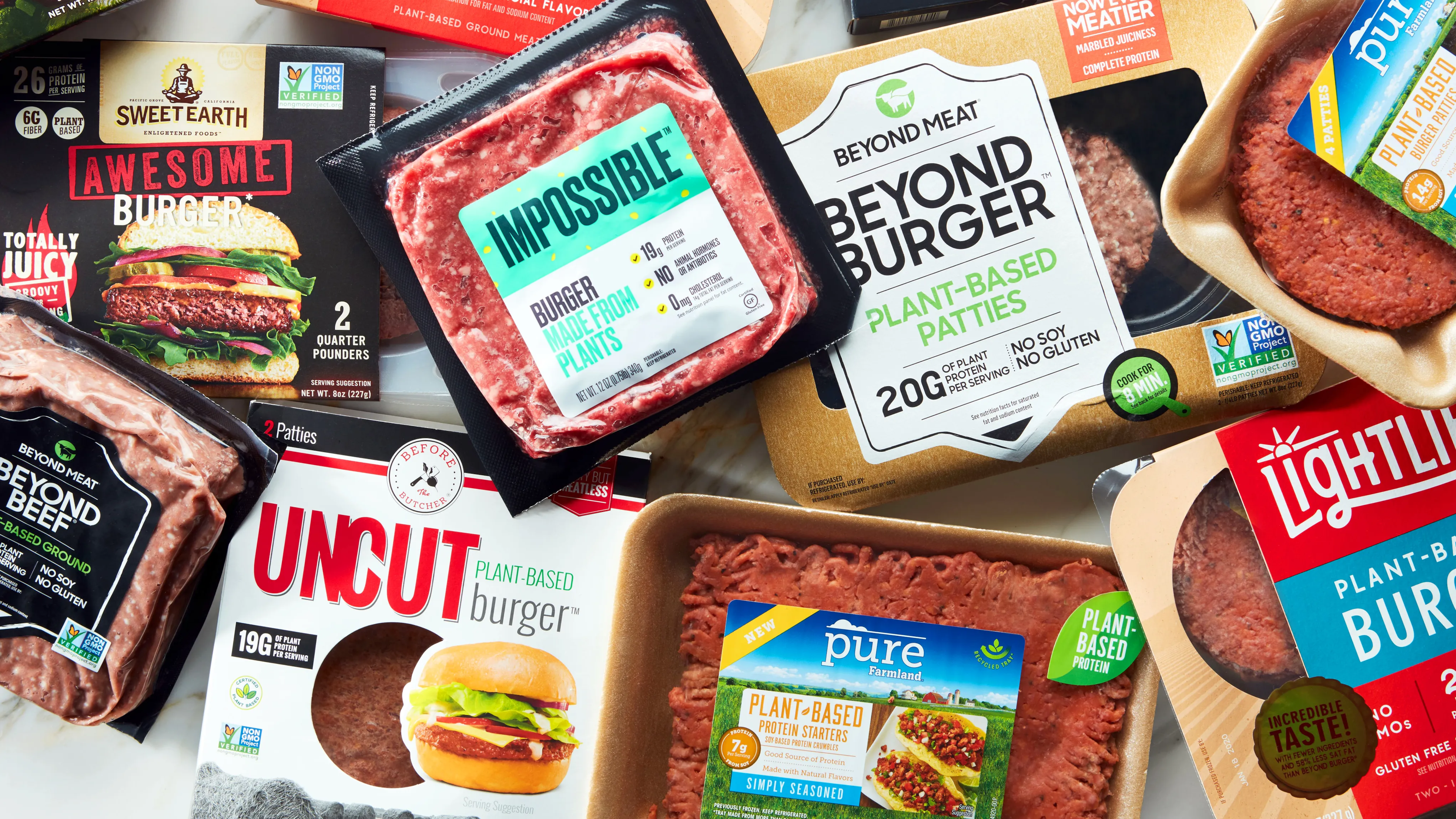
What is Plant Based Meat?
The plant based meat industry has been growing in popularity in recent years, as more and more people are looking for meat alternatives to add to their vegetarian or vegan diet. These alternatives, known as plant based meats, are made by producing a meat substitute from various plant protein sources, such as soy protein, pea protein, and vital wheat gluten.
The idea behind these products is to mimic the taste and texture of traditional meats while providing a cruelty-free and environmentally conscious option. With the demand for meat alternatives on the rise, the plant based meat industry shows no signs of slowing down on producing meat alternatives.
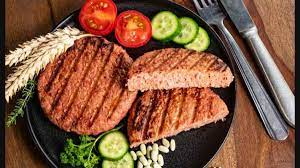
The Importance of Meat Intake
Meat has long been a staple in many diets, but with the increasing popularity of plant-based diets, some might wonder about the importance of meat intake. While it is true that plant-based proteins can provide many of the nutrients that meat does, it is important to remember that meat contains other important nutrients, such as b vitamins and iron.
Additionally, meat is a complete protein source, meaning it contains all of the essential amino acids necessary for our bodies to function properly. Of course, the quality and quantity of meat consumed should be balanced with the rest of one's diet and lifestyle choices, but it is clear that meat does have its place in a healthy diet.
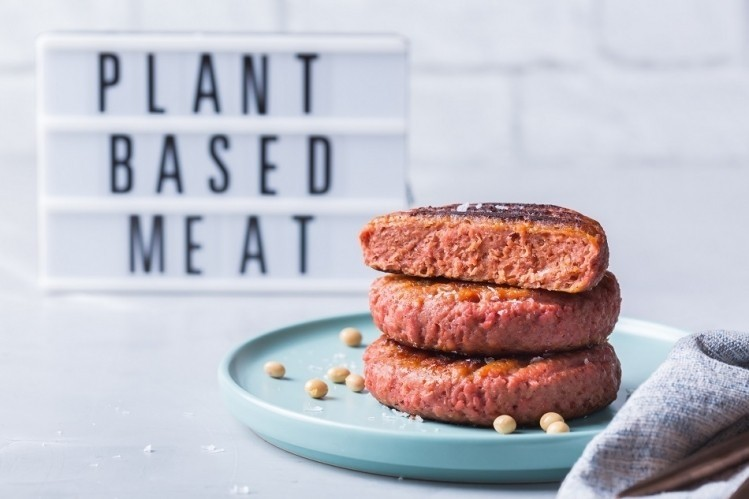
Why You Should Consider Sticking To Real Meat
While some people may be cutting back on their meat intake, there are still many reasons to consider sticking to real meat. Unlike meat-like substitutes, real meat is a great source of protein and other nutrients that are essential for a healthy body. While plant-based options offer their own set of benefits, such as providing plant proteins and being lower in saturated fats, they may not provide the same level of satiety that meat eaters are used to.
In addition, many people simply prefer the taste and texture of real meat, making it an enjoyable and satisfying addition to their meals. So next time you're deciding between a plant-based option and real meat, don't forget to consider all the benefits that come with sticking to the real thing.
Clinical Nutritional Value
Actual meat is a natural source of protein, which is crucial for muscle and tissue growth and repair. It is also rich in vitamin B12, iron, and zinc. While some plant-based substitutes claim to offer the same clinical nutrition, in reality, they do not contain enough of them or they are not in a form that can be easily absorbed by the human body.
This can lead to deficiencies and health problems. Actual meat is also lower in carbohydrates and high in healthy fats, such as omega-3 and omega-6 fatty acids, which are good for heart health and brain function.
Satisfying Taste and Texture
One of the biggest drawbacks of plant-based meat is that it cannot replicate the taste and texture of actual meat. While some people may enjoy the taste of plant-based substitutes, they can never truly mimic the real thing.
Actual meat has a unique taste and texture that is impossible to replicate with plant-based ingredients. Additionally, cooking actual meat allows for a wide range of flavors and cooking methods, from grilling to slow-cooking. Plant-based meat alternatives do not offer the same variety.
Environmental Impact
While plant-based meat products are marketed as being more sustainable and eco-friendly than actual meat by lowering greenhouse gas emissions, this claim is not entirely accurate. Producing plant-based substitutes requires the use of energy-intensive machinery, large amounts of water, and synthetic fertilizers and pesticides.
Additionally, many of these ingredients are imported from other countries, which contributes to carbon emissions from transportation. In contrast, locally-sourced meat can be produced with minimal environmental impact, and many farmers practice sustainable farming methods.
Cultural Significance
Meat has played an important role in many cultures and traditions around the world for thousands of years. From barbecues to holiday feasts, meat has been a centerpiece of many celebrations and gatherings.
Removing meat from our diets completely ignores its cultural significance and history. By embracing actual meat once again, we can continue to honor and celebrate our cultural traditions.
Personal Choice
Ultimately, the decision to eat actual meat or plant-based substitutes is a personal choice. While there are benefits to both options,actual meat is the better choice for those seeking optimal nutrition, taste, and cultural significance.
However, individuals who choose to follow a plant-based diet can still make informed choices by choosing locally-sourced and sustainable plant-based products.

Exploring the Pros and Cons of Plant-Based Meat Options
With the rising concern over climate change and the impact of animal agriculture on the environment, plant-based meat alternatives have become increasingly popular, due to the thought that it's better for the environment, which has been debunked.
There are a few things you might want to consider before opting for a plant-based meat diet. Though it claims to look and taste like traditional meat, there are benefits and risks involved when it comes to plant-based meat.
Pros:
-
High Nutritional Value: Plant-based meat is often fortified with essential nutrients such as iron, vitamin B12, and zinc, which are commonly found in meat. In addition, plant-based meats are free from harmful saturated fat and cholesterol. With that being said, the nutritional value of plant based meat still does not compare to animal meat.
Cons:
-
Not Entirely Natural: Plant-based meat is often heavily processed and contains additives. While some of these additives are safe and natural, others can cause side effects like bloating and digestive issues.
-
Taste: While the taste of plant based meat isn't bad, nothing compares to real meat products.
-
Potential Allergens: Plant-based meat is made from a variety of plant proteins such as soy, peas, or wheat. This can make it challenging for people with food allergies or intolerances to find plant-based meat alternatives that work for them.
-
Cost: Plant-based meat is often slightly more expensive than traditional meat. However, as demand grows, this could change.
-
Limited Selection: While the selection of plant-based meat is growing, it is still relatively limited compared to traditional meat. This means it might be difficult to find plant-based meat alternatives for your favorite foods. It can also be hard to find plant based meat products that are within your diet. If you're gluten free or soy free, you may have a hard time finding plant based meat with plant ingredients that match your diet.
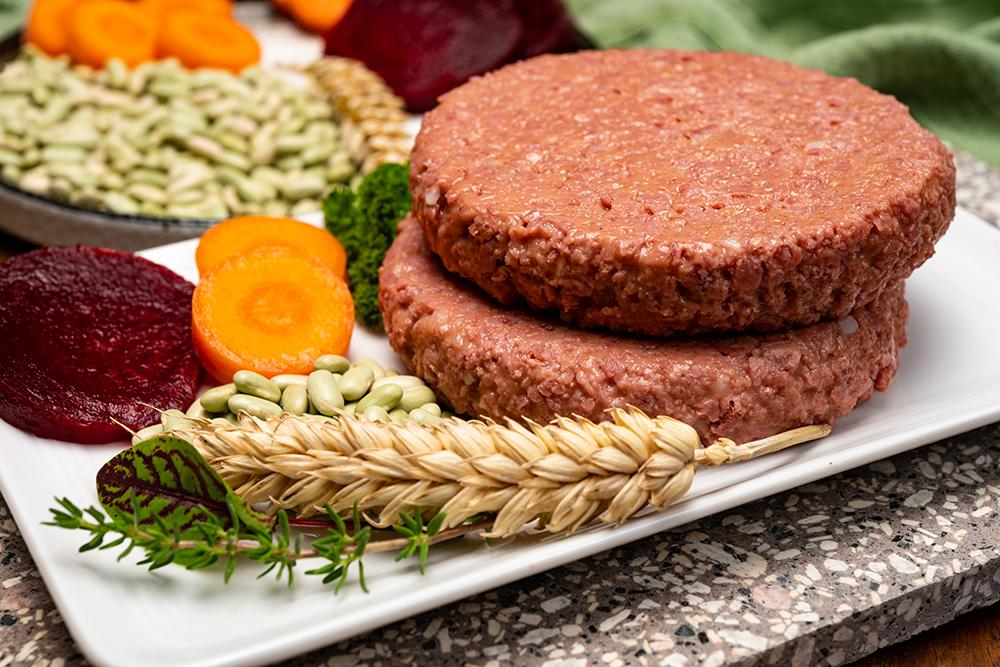
Why You Should Stay Away From Plant Based Meat Products
As plant-based diets become more popular, so do meatless options like the Impossible Burger, Beyond Burger, and meatless nuggets. But before you jump on the bandwagon, it's important to consider whether these plant based or vegan meat are actually healthy for you. While they may be marketed as "healthier" than traditional meat options, they often contain high levels of sodium and saturated fat.
In fact, the both the Impossible Foods and Beyond Meat veggie burgers contain more saturated fat than a regular beef burger! Additionally, these products rely heavily on processed ingredients like soy protein concentrate and wheat protein, which can cause digestive distress for some individuals.
Ultimately, it's important to make informed decisions about your diet and consider all the factors before incorporating plant based meat brands into your meals.

Conclusion
While plant-based diets may be trendy, they cannot truly replace the benefits of actual meat. By embracing actual meat once again, we can enjoy its unique flavor and nutrition while still making informed choices about sourcing and production methods.

Prevail Jerky
Snack lovers unite! Our beef jerky is more than just a delicious treat, it's a mission. We believe in keeping things simple and pure. That's why Prevail Jerky is free of the top 8 allergens and made with 100% grass-fed, grass-finished beef.
We're all about flavor without the fake stuff. No preservatives or allergens allowed in our test kitchen. Our beef is smoked with real cherry wood and seasoned with organic spices from all over the world.
Our farmers never use hormones or antibiotics, ensuring only the best quality beef for your snacking pleasure. And as Midwest natives, we take our time to cook every batch of jerky with love.
If you're a snack enthusiast looking for a high-protein masterpiece, look no further. Our beef jerky is the ultimate snack experience. Never Settle, Always Prevail!


